Bedding Plants * | Fuchsia ‘Spring Bells’ (Snow Cap) | 10.5Cm Pot
$10.67 $8.00
Bedding Plants * | Fuchsia ‘Spring Bells’ (Snow Cap) | 10.5Cm Pot

Ornament Your Summertime Garden With Abundant, Bell-Shaped Blooms
Delighting Both Expert And Novice Gardeners With Their Enchanting, Bell-Shaped Blooms, As Well As Their Generous Flowering Periods, Fuchsias Are A Must-Have Addition Every Garden. Whether You Are Working With A Large Or Smaller Space, These Bedding Plants Are Suited To Every Garden Style And Soil Type (As Long As It Is Well-Drained), Where They Will Happily Grow In Pots, Containers, Hanging Baskets, And Flowerbeds. To Encourage Bushy Growth, We Recommend That You Pinch Out The Growing Tips When Your Fuchsia Plant Is Still Small.
Features
Fresh From The Uk Nursery Our Plug Plants Are Directly Sent To Your Home By Our Trusted Growers, Based In The Heart Of England. As Such, You Can Rest Assured That Your Plants Will Arrive Healthy And Garden-Ready. Great For Pots And Containers A Long Flowering Period Perfect For Novice Gardeners Wonderfully Easy To GrowPlanting Tip
Add To Several Hanging Baskets For A Uniform Accent To Your Home! How Your Plant Will Arrive Care Guide Planting Guide Planting Schemes Planting Essentials
Click Here
Delivered From Mid March
Whatever Effect You Aim To Achieve With Your Planting Scheme, The Colour Wheel Should Always Be Your First Port Of Call.
By Planting Complementary Colours And Avoiding Clashing Colours, You Can Create Stunning Baskets, Borders And Containers, Whether You Want Excitement Or Relaxation.
- Monochromatic: Monochromatic Planting Uses Shades Of A Single Colour To Maximise Visual Impact. Working With Colours Of The Same Hue You Can Integrate Subtle Changes Of Tone Or Texture To Create A Fascinating Collage Of Plants. Used Widely In Cottage Garden Planting Schemes And Stand Alone Displays.
- Adjacent Colours Create A Harmonious Effect: Colours Close Together In The Colour Wheel Are Used To Create Harmony. Pair Yellow With Red Or Orange And Blue With Purple Or Greens To Create A Natural, Relaxing Display.
- Opposites Colour Complement Each Other: Colours Opposite In The Colour Wheel Produce A Striking Effect. Pink And Yellow, Blue And Orange And Red And Green Are Famous Contrasting Combinations And Can Be Used To Create An Energetic, Eye Catching Display. Perfect For A Contemporary Design Or Creating A Tropical Feel.
- Triadic Colours: Triadic Planting Selects Three Colours Spaced At Equal Distances Around The Colour Wheel Creating A Beautifully Balanced Palette. Be Careful To Select Plants With A Similar Intensity Of Colour And You Can Create A Display Packed With Visual Interest, With Less Contrast Than Opposite Colours, Resulting In A More Harmonious Feel.
Neutral Colours Can Be Used As Part Of Any Planting Scheme And Can Also Be Used As A Buffer Between Clashing Colours. Neutral Colours Include White, Black, Grey, Silver, Brown And In Gardening, Green. White Is A Fantastic Addition To Any Bed As It Reflects All Wavelengths Of Light, Brightening Up Your Garden.
Add More Shades Of Pink To Create A Monochromatic Masterpiece!
Plant Alongside Purple And Red Colours To Create A Harmonious Display
Contrast With Green Flowers To Create An Eye Catching Planting Scheme
Mix With Orange And Purple For A Balanced, Stylish Arrangement
About Your Plant
Our Bedding Plants Are Lovingly Grown By Our Trusted Nursery, Based In England. Each Flourishing Plant Will Be Dispatched Directly To Your Home.
Please Note, Your Potted Plant May Not Display Flowers As Soon As It Arrives. However, The ‘Flowering Period’ Box (Detailed Above), Indicates When You Can Expect Flowers To Form. Many Of Our Herbaceous Perennials Also Die Back In Winter, So Will Have Little Growth In Spring, But Grow Quickly Once Sunlight Hours Improve.
Packaging
Sustainability Is One Of Our Priorities, And As Such, Our Bedding Plants Are Delivered In Environmentally Friendly Packaging. Aside From Being Recyclable, They Will Keep Them Nice And Secure On Their Journey.
Please See Our Below Guidance On Your Bedding Plant’S Care:
Watering: Before Planting Your Bedding Plants, It Is Important To Provide Them With A Generous Watering. This Can Be Done By Letting The Roots Of Each Plant Submerge In A Bucket Of Water. Once All Air Bubbles Have Escaped, Allow Each Plant To Drain. If You Are Planting Your Bedding Plants In A Hanging Basket, You Will Need To Water Them More Frequently (Ideally Once A Day).
Deadheading: To Promote A Long Flowering Period, You Should Deadhead Any Flowers That Appear Spent. Simply Rescind Each Flower At Their Base, Taking Care To Not Cut Other Parts Of The Plant.
Feed: To Really Flourish, Your Bedding Plants Should Have Adequate Feed. You Can Either Add A Slow Release Fertilizer To Their Compost, Or Mix Feed Into Their Watering On A Weekly Basis.
Frost: Young Plug Plants Will Need To Be Protected From Any Danger Of Frost. Keep Them In A Sheltered Environment Whilst You Pot Them On Ready To Go Outside, Which Is Usually Around May Time. A Greenhouse Is Perfect But A Windowsill Or Conservatory Will Do Just Fine As Long As They Are Kept Warm With Plenty Of Sunlight (16-18A A C Is Optimal). Use A Good Quality Balanced Potting Compost When Planting, And Slow Release Fertiliser Is Also Advised For The Best Results.
Young Plug Plants Will Need To Be Grown On Before They Are Ready To Be Planted Out In Your Garden. They Will Take Several Weeks To Establish And Put On The Growth Required To Be Garden Ready. Please Follow Our Simple Steps Below To Ensure The Best Results.
Seedlings, 60 Cell Plug Packs, And 4 Cell Veg Plug Plants Are Best Planted Into Bedding Tray Inserts Or 7 9Cm Pots.
Starter And Premium Plants Are Best Planted Into 9 13 Cm Pots, But Can Be Planted Directly Into Baskets And Containers (As Long As They Are Protected From Frost).
- Fill The Cell Trays Or Pots With Compost And Lightly Firm Down.
- Use A Dibber To Make A Hole Similar To The Size Of The Plug Plant In The Compost, And Place Your Plant Into This Planting Hole. Try To Make Sure That The Top Of The Plant Is Level With The Compost In The Tray Or Pot.
- Gently Water Your Plants With A Watering Can That Is Fitted With A Fine Hose.
- It Is Important That You Position Your Plants In A Warm, Sunny Position But To Keep Them Out Of Direct Sun. Once Any Risk Of Frost Has Passed, You Can Plant Them Straight Into Your Garden’S Beds.
For A More Detailed Guide With Additional Tips Why Not Read Our Blog Below?
Click Here To Read More
Image Gallery
Be the first to review “Bedding Plants * | Fuchsia ‘Spring Bells’ (Snow Cap) | 10.5Cm Pot” Cancel reply
Related products
All Bedding Plants
Bedding Plants * | Begonia ‘Nonstop Red’| Perennials | Pack Of 5 Large Premium Plug Plants
All Bedding Plants
Bedding Plants * | 30 X Jumbo Plugs | Perennial Bedding Plants Collection | Hand-Picked By Experts
Bedding Plants
Bedding Plants
Bedding Plants
Bedding Plants

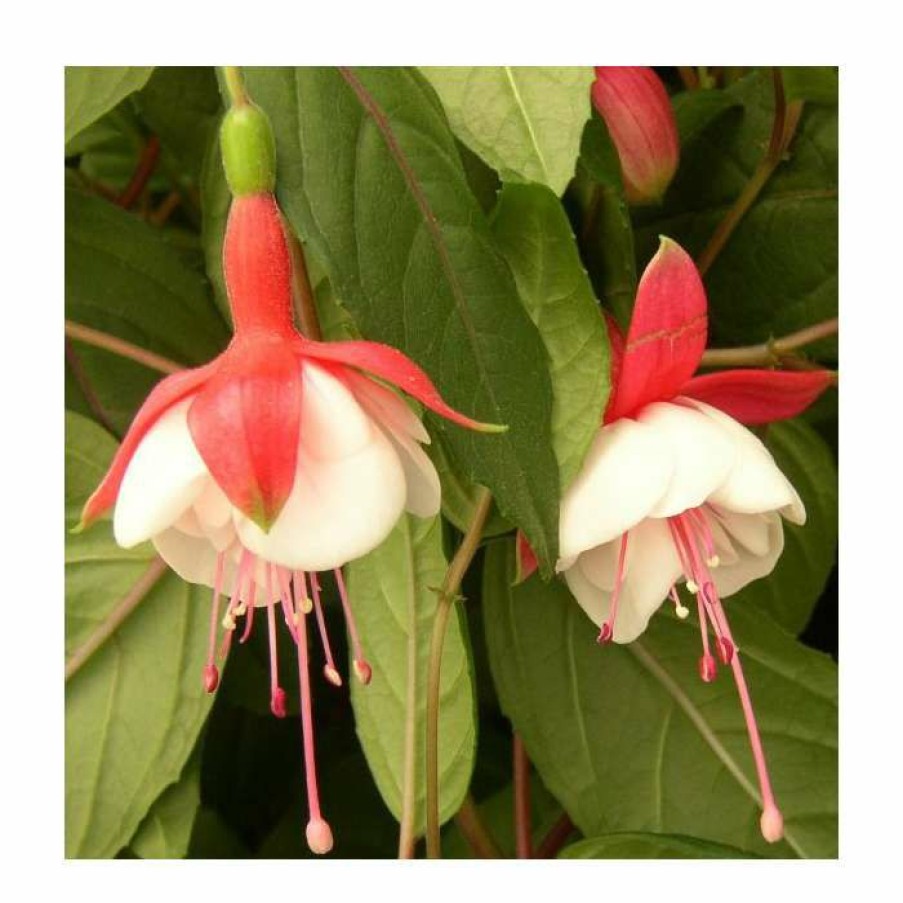
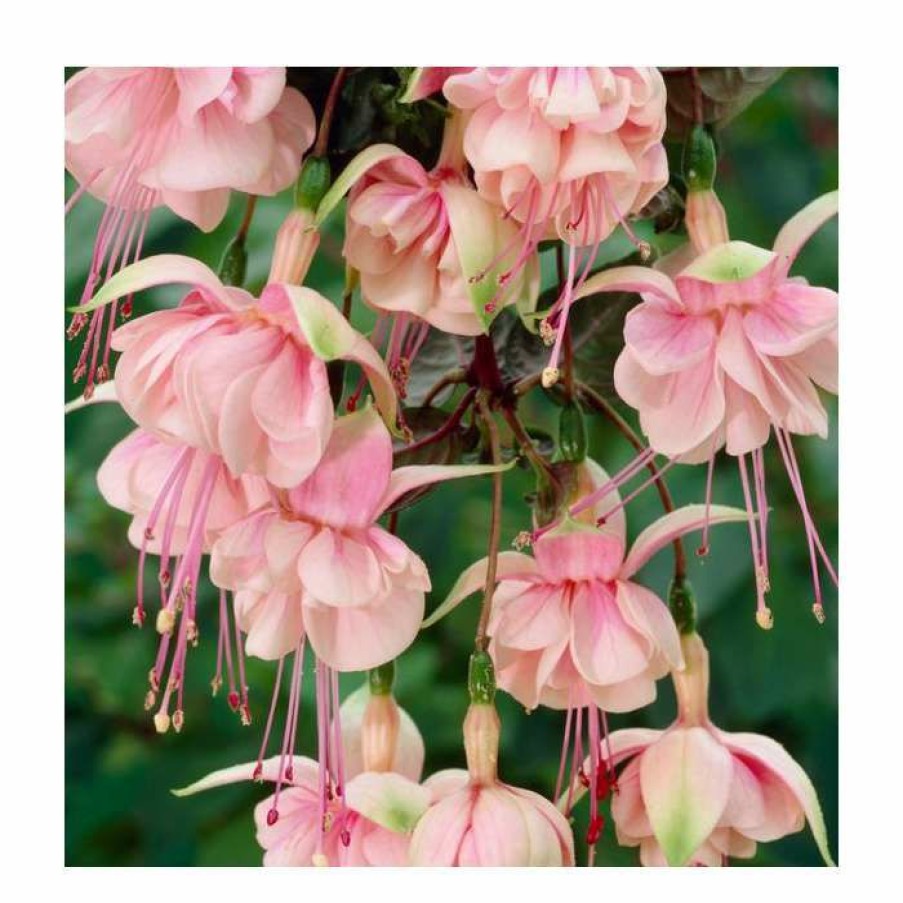
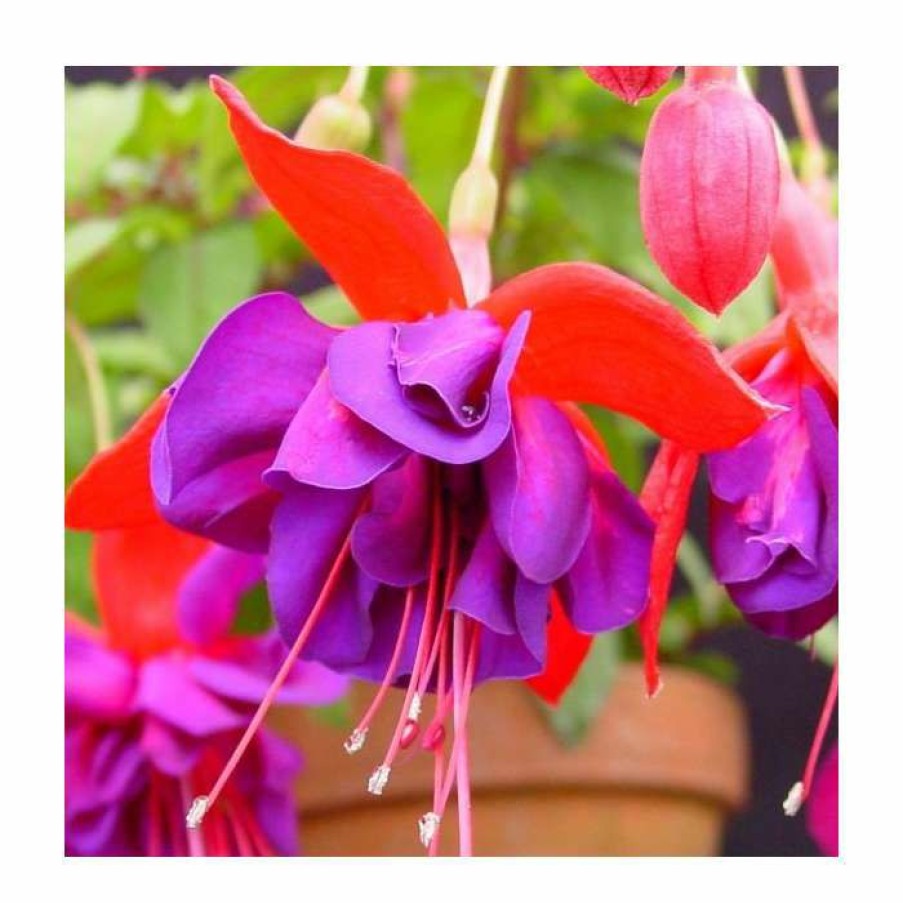
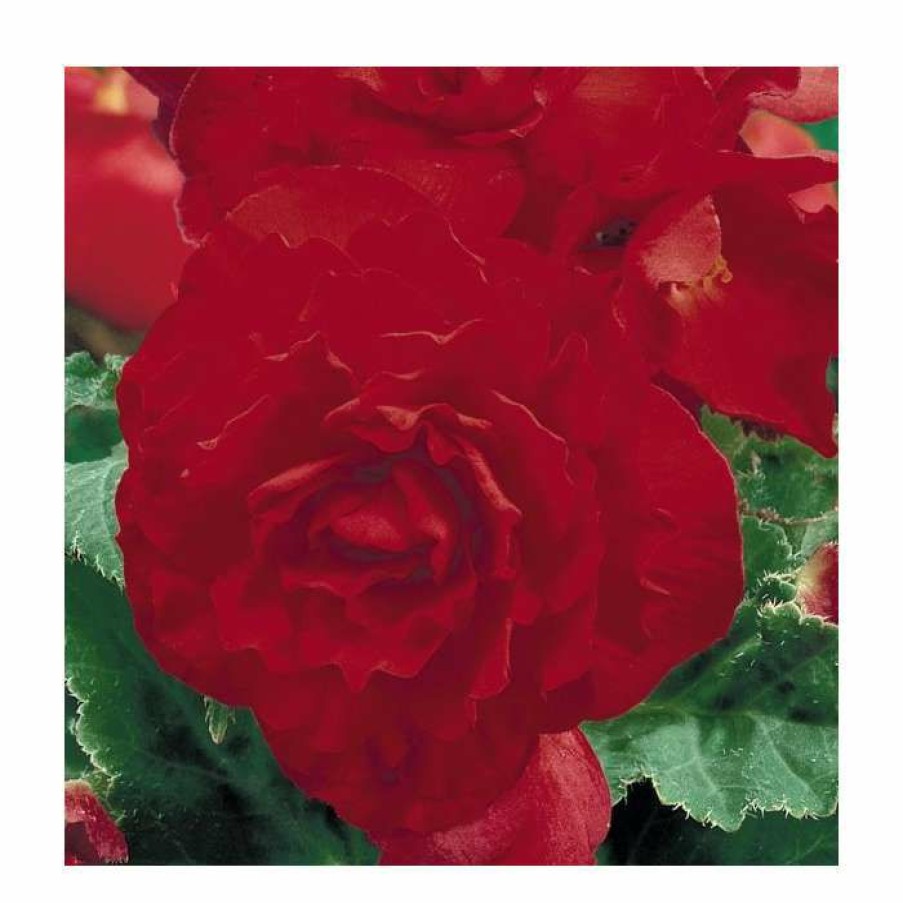
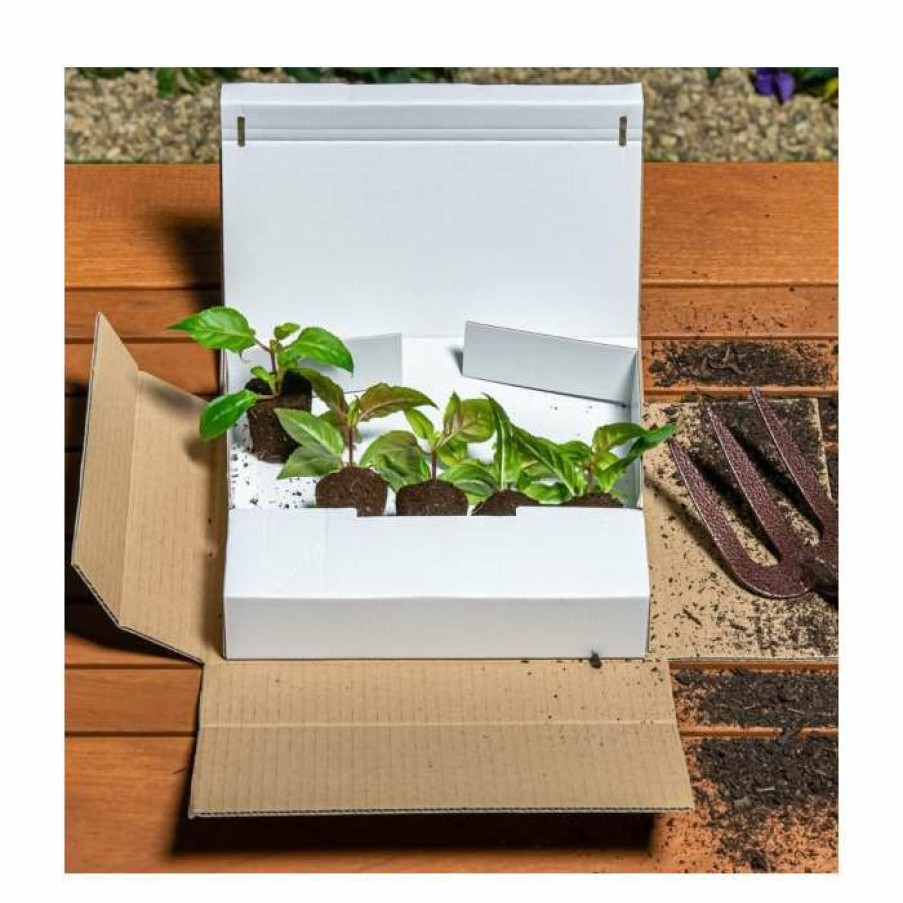
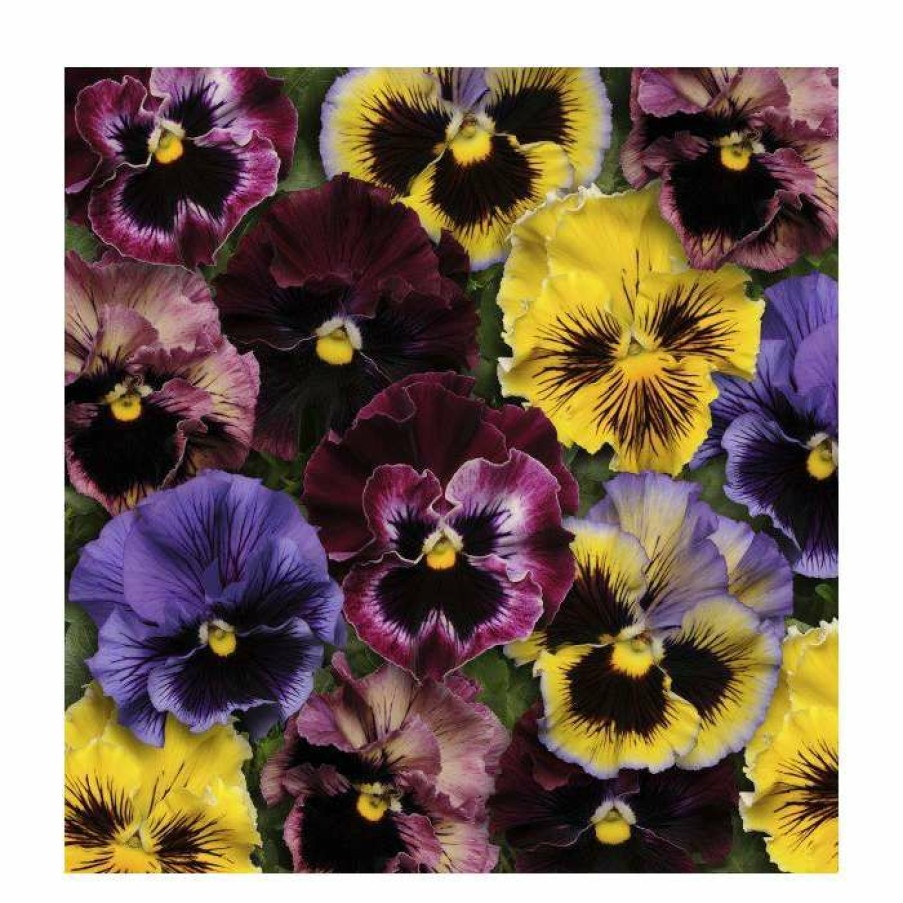
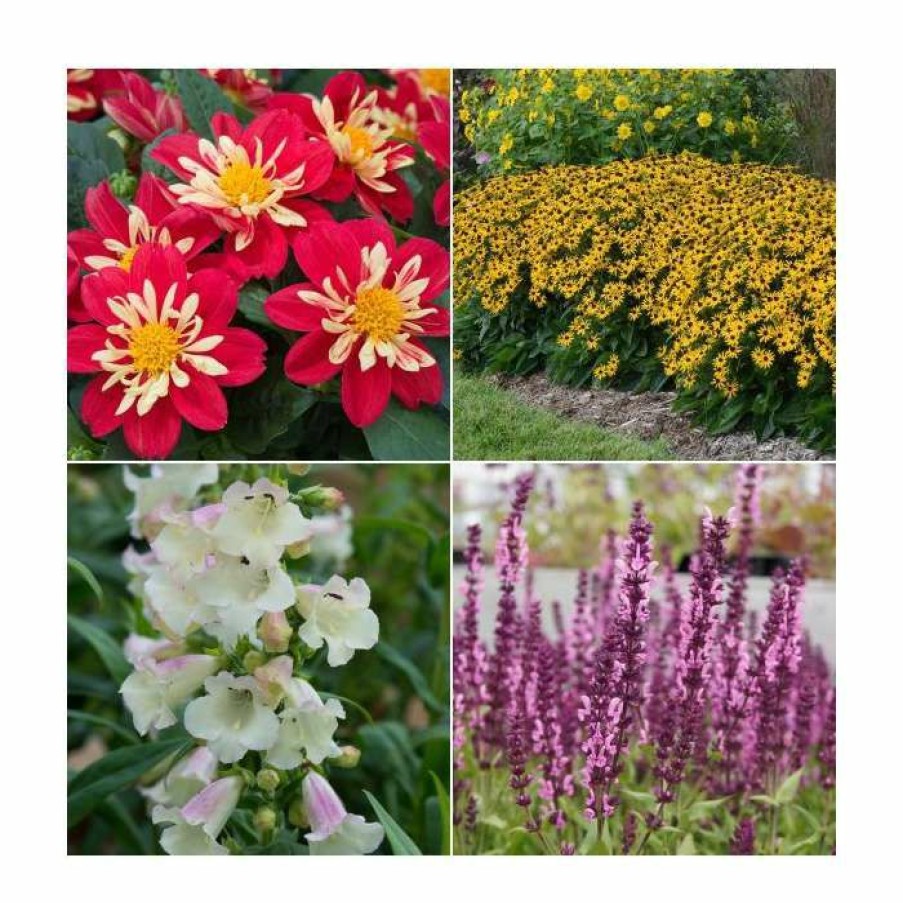
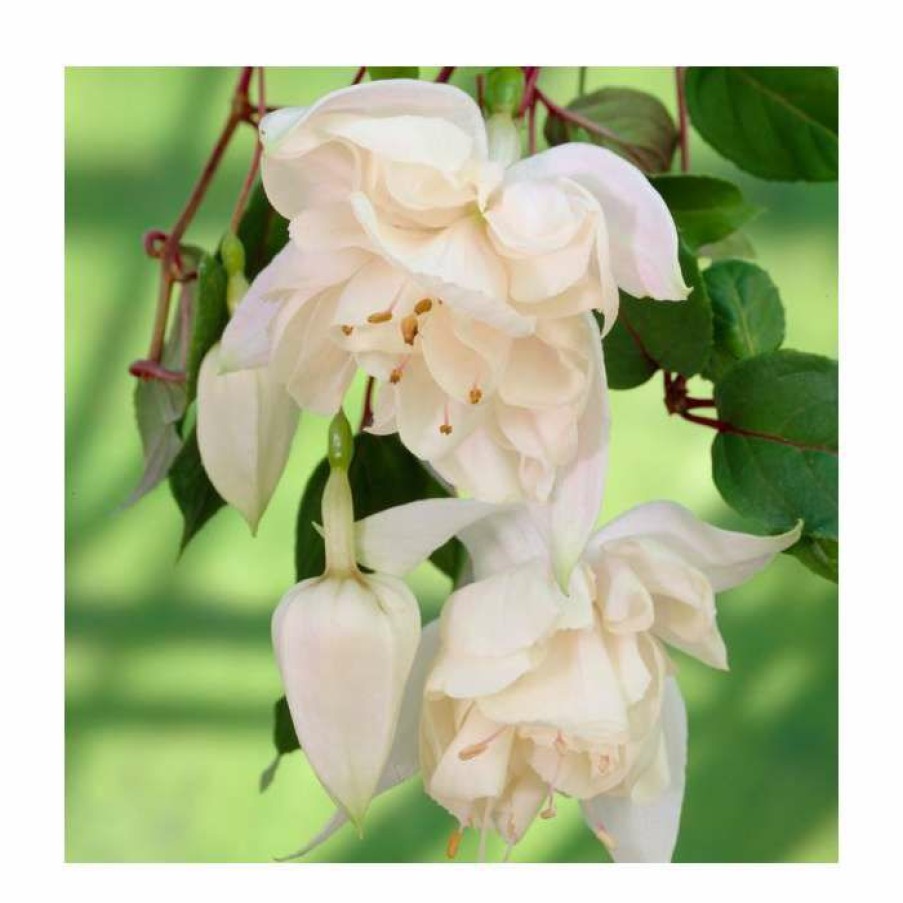
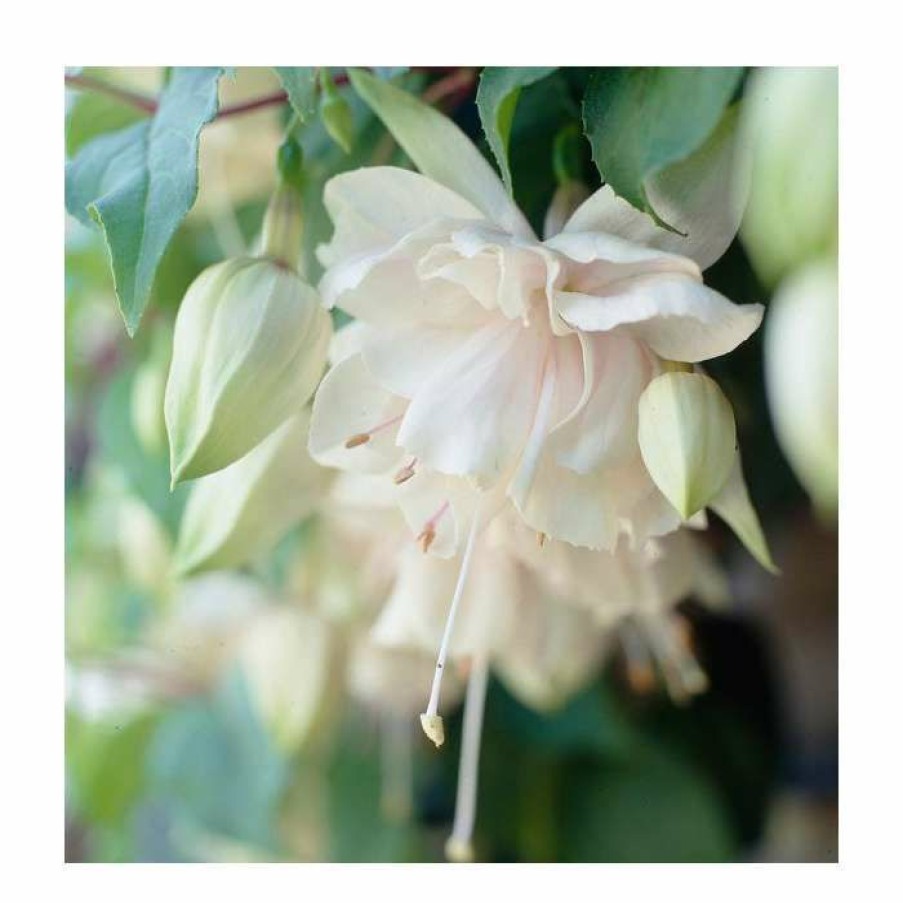
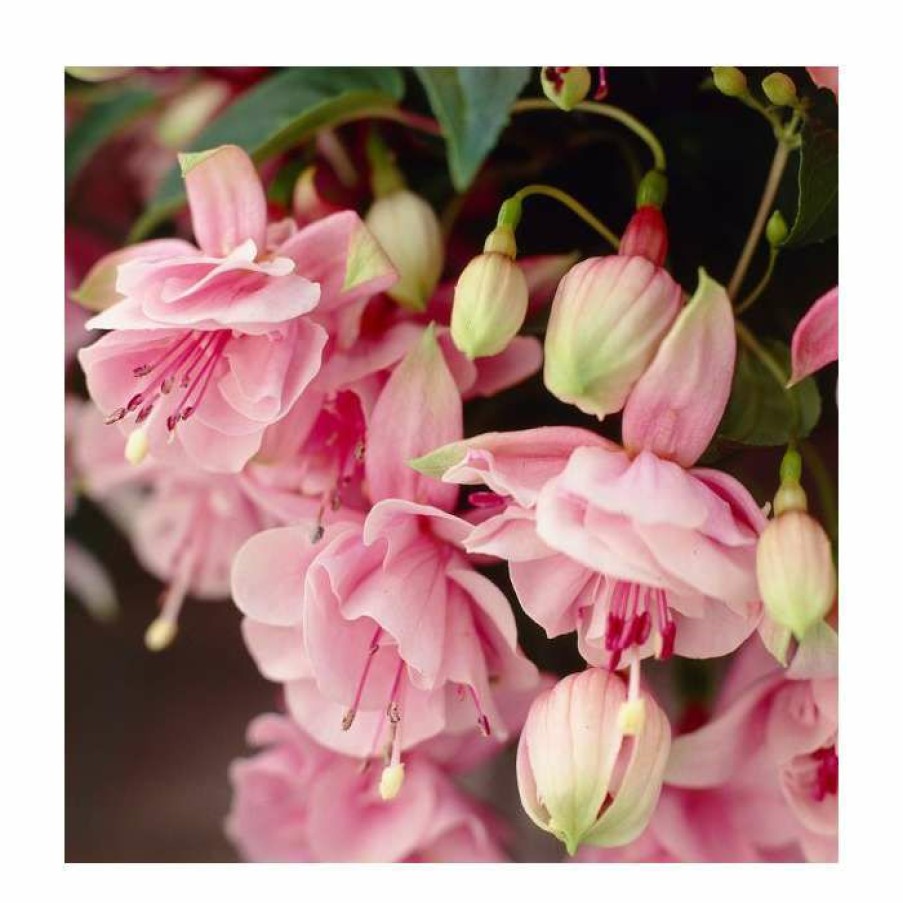
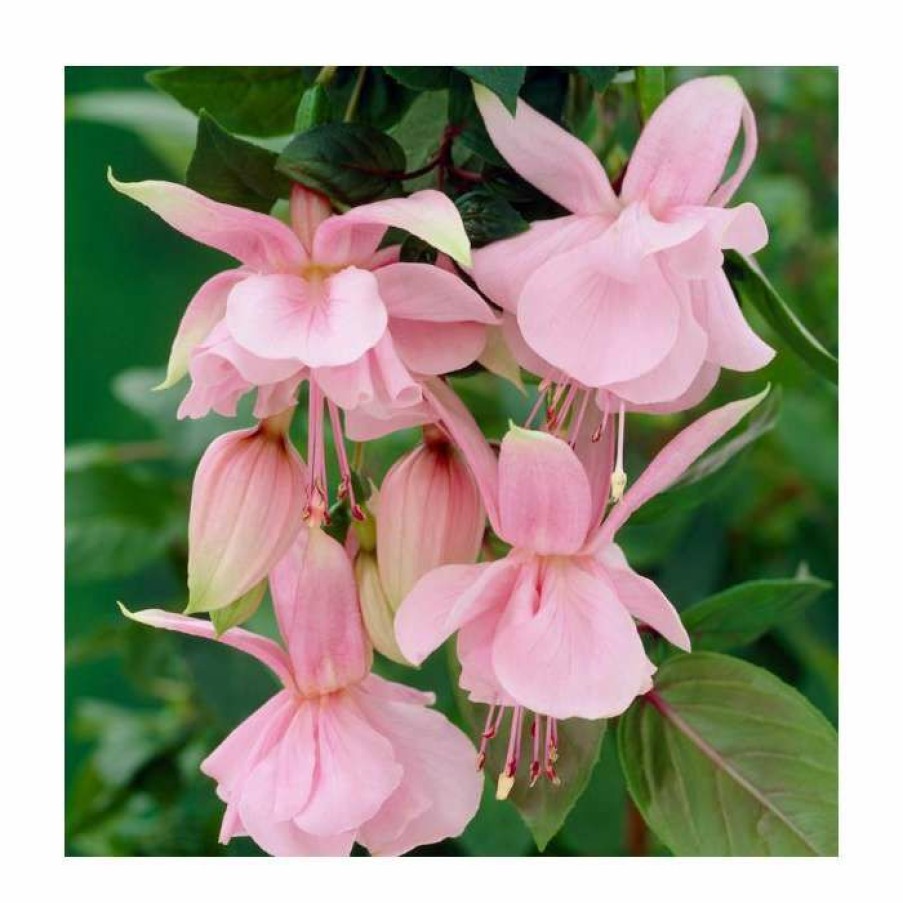
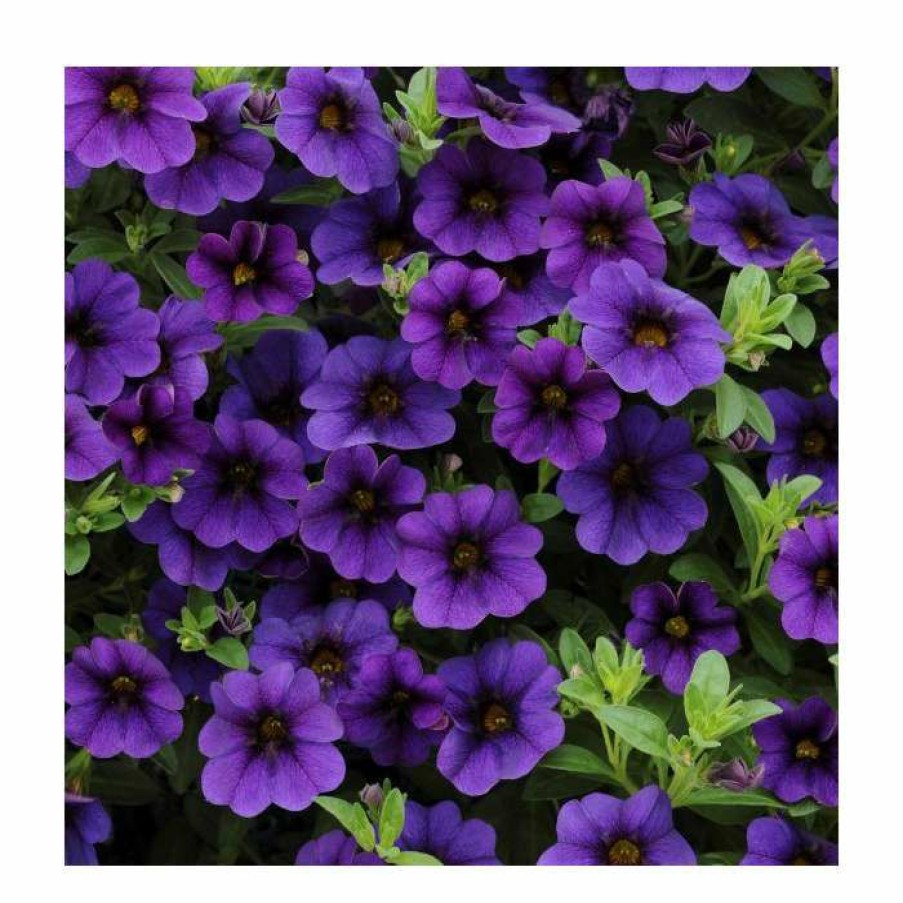
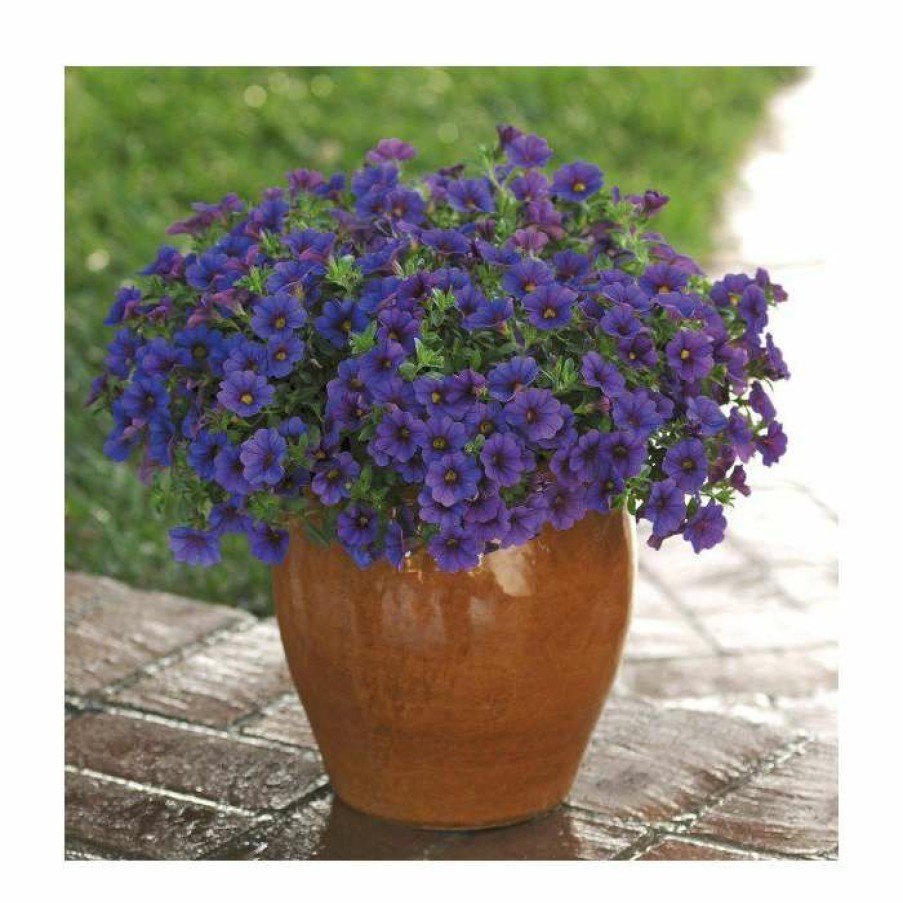
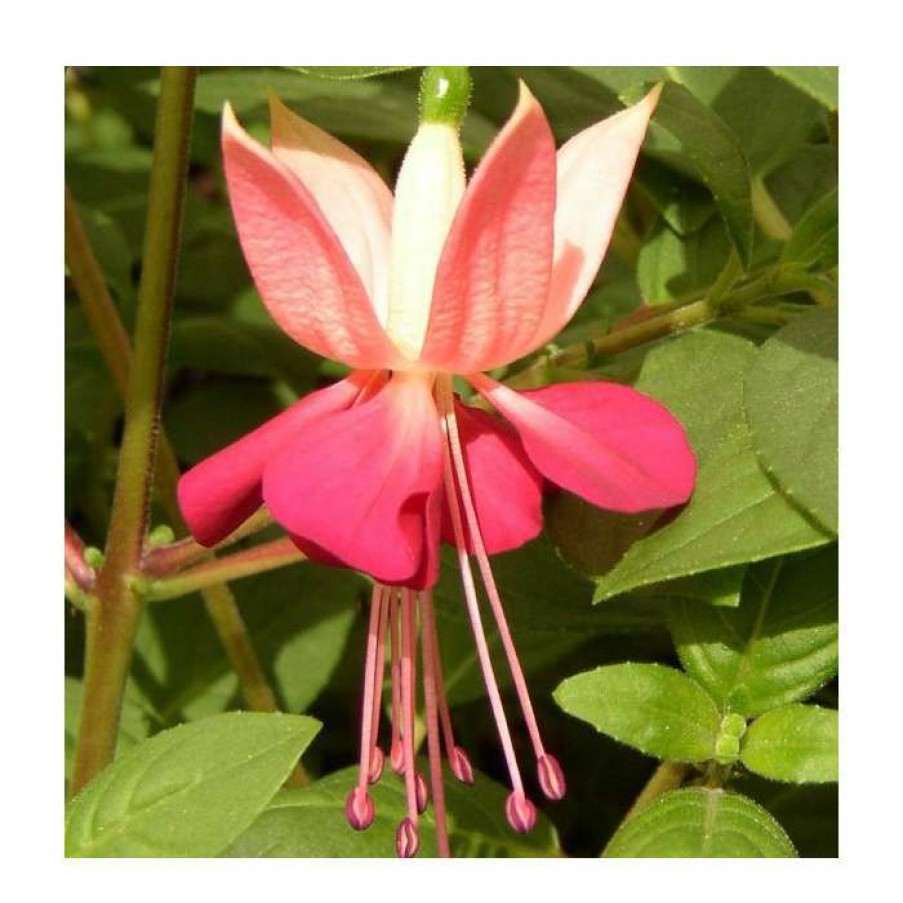
Reviews
There are no reviews yet.